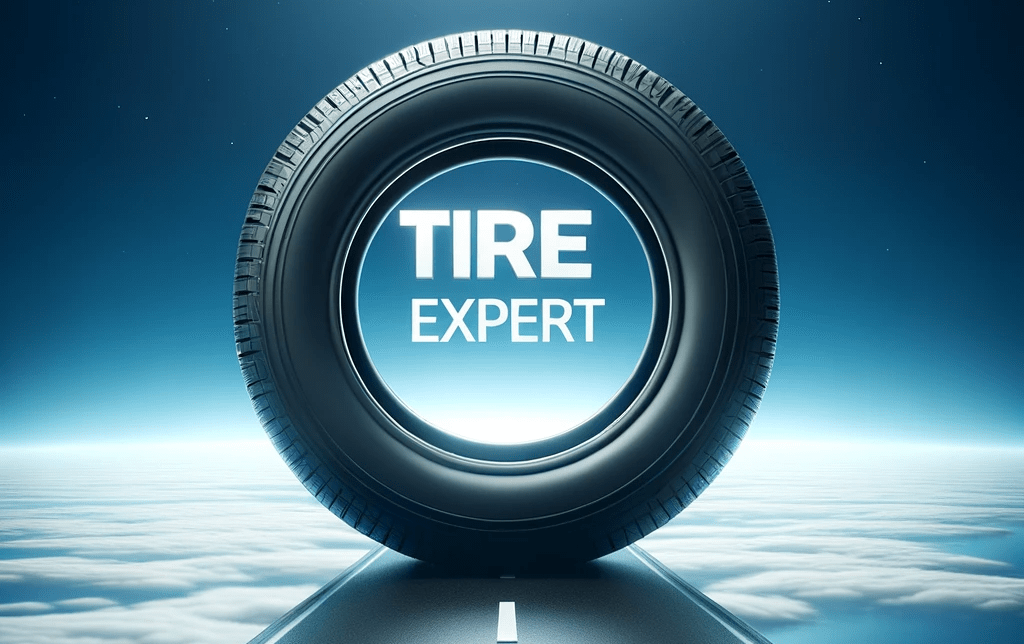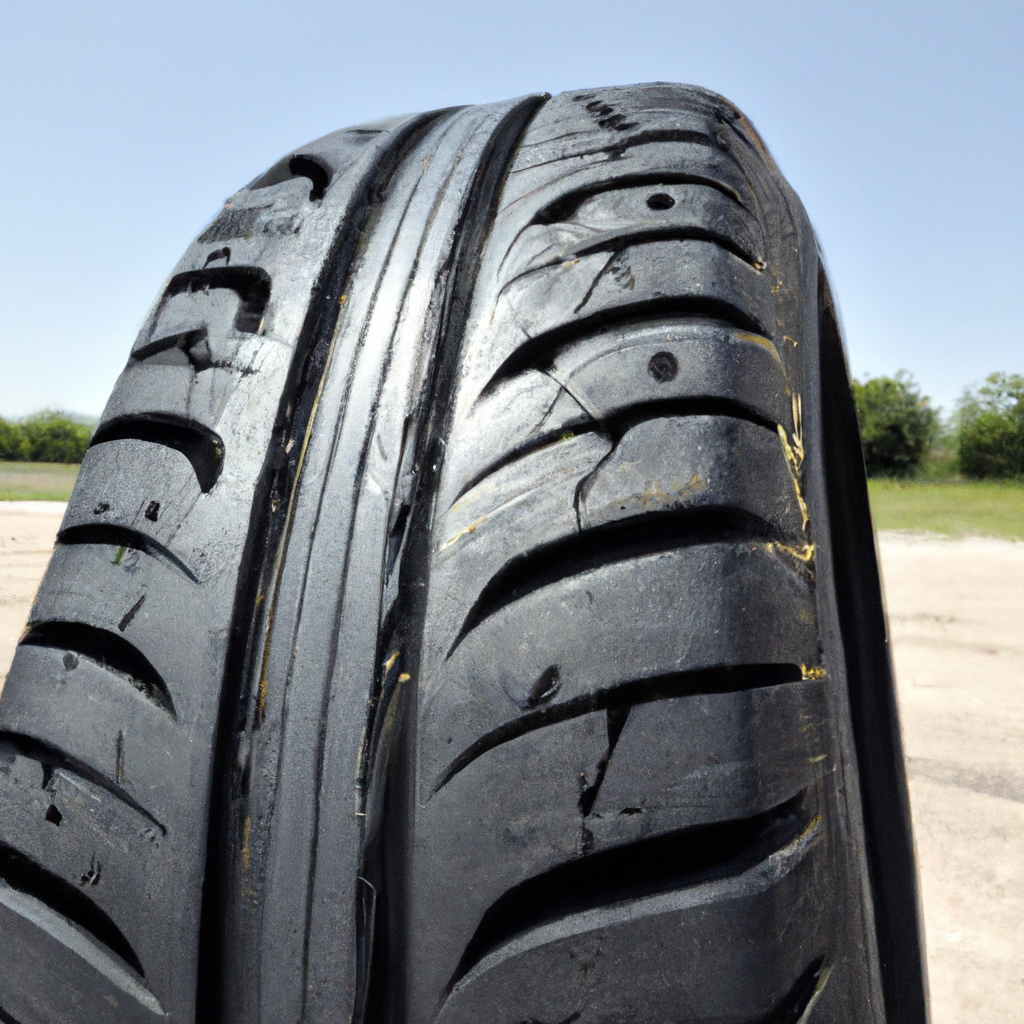Imagine cruising down a sun-drenched highway, feeling the warmth of the summer air against your skin. But suddenly, dark rain clouds roll in, threatening to spoil your perfect summer drive. As a driver, you may find yourself pondering whether your trusty summer tires can handle the unpredictable mix of rain and heat that certain regions experience. In this article, we will explore the suitability of summer tires in areas with sporadic rain and heat, providing valuable insights to help you make an informed decision about your tire choice.

Understanding Summer Tires
Definition and Characteristics of Summer Tires
Summer tires, also known as performance tires, are specially designed to provide optimal performance and handling in warm weather conditions. They are commonly made with a softer rubber compound, allowing them to provide superior traction and grip on dry roads. Summer tires typically have wider and shallower tread patterns, which maximize contact with the road surface for enhanced handling and cornering capabilities.
Advantages of Summer Tires
There are several advantages to using summer tires in areas with sporadic rain and heat. Firstly, their specialized construction allows for improved performance in dry conditions. With their enhanced grip, summer tires offer excellent braking capabilities, allowing for quicker stops and increased safety on dry roads. Additionally, their ability to handle high speeds without compromising stability is another advantage for those who enjoy spirited driving.
Furthermore, the improved traction and grip of summer tires can greatly enhance the overall driving experience. The superior handling and cornering capabilities of these tires provide drivers with a greater sense of control, especially on winding roads or during aggressive maneuvers. With summer tires, you can confidently navigate through curves and corners with increased precision.
Limitations of Summer Tires
While summer tires excel in warm conditions, they do have certain limitations when it comes to sporadic rain and heat. The key disadvantage of summer tires is their reduced performance in wet conditions. The shallower tread patterns and softer rubber compound that make them effective on dry roads become less effective in wet conditions. This can result in reduced traction and increased risk of hydroplaning, which occurs when a layer of water builds up between the tire and the road surface, causing a loss of control.
Another limitation is their performance in extreme heat. When temperatures rise dramatically, the rubber in summer tires can become too soft, compromising their handling and stability. This is particularly important to consider in areas that experience not only sporadic rain but also high temperatures during the summer months.
Factors to Consider
Climatic Conditions
When deciding if summer tires can be used in areas with sporadic rain and heat, one must carefully consider the local climate. Understanding the typical weather patterns can help determine the suitability of summer tires in such areas.
Rainfall Patterns
Another crucial factor is the frequency and intensity of rainfall in the area. While summer tires are designed for dry conditions, they can still handle light rain showers. However, if the region experiences heavy and frequent rainfall, it may be necessary to consider alternative tire options to ensure maximum safety.
Temperature Fluctuations
Temperature fluctuations should also be taken into account. While summer tires perform best in warm weather, they may not fare well in areas with extreme temperature variations. If the temperature often exceeds the recommended range for summer tires or drops significantly during certain seasons, alternative tire options may be a better choice.
Performance of Summer Tires in Sporadic Rain and Heat
Traction and Grip in Wet Conditions
One of the main concerns when using summer tires in areas with sporadic rain is their performance in wet conditions. Due to their design, summer tires may struggle to maintain traction and grip on wet surfaces. The shallower tread patterns and softer rubber compound may not effectively disperse water, leading to reduced contact between the tire and the road.
Hydroplaning Risk
The risk of hydroplaning is also increased when using summer tires in wet conditions. The shallower tread grooves make it easier for water to build up and create a barrier between the tire and the road surface. This can cause a loss of control, especially at high speeds. Therefore, it is important to exercise caution and adjust driving behavior in wet conditions when using summer tires.
Braking Distance in Rain
Summer tires may also have increased braking distances on wet roads compared to dedicated rain or all-season tires. The reduced traction and grip can result in longer stopping distances, which can be a major concern for safety-conscious drivers. It is vital to be aware of the limitations of summer tires in wet conditions and adjust driving habits accordingly to maintain a safe stopping distance.
Heat Resistance
In terms of heat resistance, summer tires generally perform well in areas with sporadic heat. However, if temperatures consistently reach extreme levels, it is important to monitor the tire’s condition closely. Overexposure to high temperatures can lead to accelerated tire wear, reduced performance, and potentially even tire failure. Regular tire inspections and maintenance are essential in hot climates to ensure optimal performance and safety.
Pros and Cons
Pros of Using Summer Tires in Areas with Sporadic Rain and Heat
Despite their limitations in wet conditions, there are some advantages to using summer tires in areas with sporadic rain and heat. These tires excel in dry and warm conditions, providing excellent handling, cornering, and braking capabilities. For those who prioritize performance and enjoy spirited driving on dry roads, the enhanced traction and grip of summer tires can greatly enhance the overall driving experience.
Cons of Using Summer Tires in Areas with Sporadic Rain and Heat
The main disadvantage of using summer tires in areas with sporadic rain and heat is their reduced performance in wet conditions. The shallower tread patterns and softer rubber compound can compromise traction and increase the risk of hydroplaning. Additionally, extreme heat can have a negative impact on the tire’s performance and longevity. It is crucial to carefully consider these limitations when deciding whether summer tires are suitable for your specific location and driving needs.
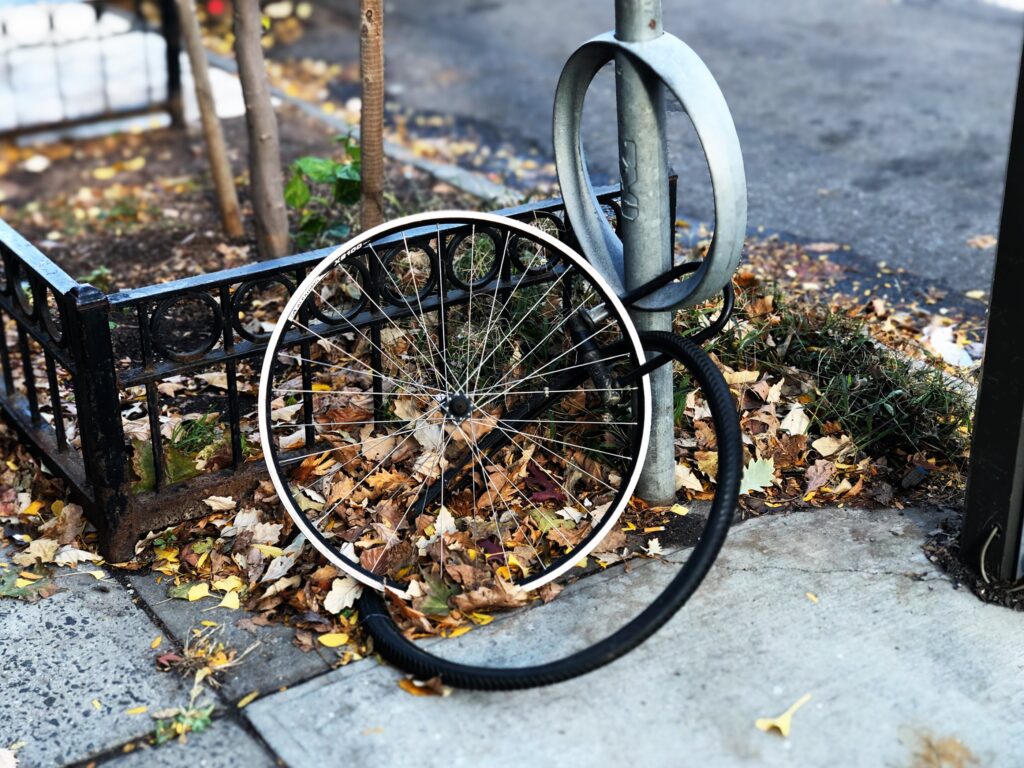
Alternative Options
All-Season Tires
All-season tires are a popular alternative to summer tires in areas with sporadic rain and heat. These tires are designed to provide adequate performance in various weather conditions, including light rain and moderate heat. While they may not offer the same level of performance as summer tires in dry conditions, their versatility makes them a suitable choice for many drivers.
Performance All-Season Tires
For those seeking a balance between performance and all-season capabilities, performance all-season tires can be a viable option. These tires are specifically engineered to provide enhanced handling and cornering capabilities while still offering acceptable performance in wet conditions. Performance all-season tires can provide a middle ground for drivers who prefer a more spirited driving experience while also prioritizing safety in sporadic rain.
Touring Tires
Touring tires are designed for comfort, longevity, and all-season performance. These tires prioritize a comfortable ride and reduced road noise, making them an excellent choice for long highway journeys. While they may lack the same level of performance as summer tires, touring tires can provide a reliable and comfortable driving experience in various weather conditions, including sporadic rain and heat.
High-Performance Summer Tires
For those who prioritize performance above all else, high-performance summer tires may be the ideal choice. These tires are specifically designed for maximum traction, grip, and handling on dry roads. However, it is important to note that they may not perform as effectively in wet conditions. High-performance summer tires are best suited for drivers who primarily drive in dry and warm conditions, with limited exposure to rain.
All-Terrain Tires
If you frequently encounter unpaved or rough terrain, such as gravel roads or light off-roading, all-terrain tires may be a suitable alternative to summer tires. These tires offer enhanced traction and durability, making them ideal for a variety of driving conditions. While not specifically designed for performance on dry roads, all-terrain tires can provide a reliable and versatile option for those who require a more rugged tire.
Safety Considerations
Importance of Proper Tire Maintenance
Regardless of the type of tire you choose, proper tire maintenance is of utmost importance for safety. Regular inspections, inflation checks, and rotations are essential to ensure optimal tire performance and longevity.
Tire Pressure
Monitoring tire pressure is crucial, as underinflated or overinflated tires can negatively impact handling, braking, and overall safety. It is important to consult the manufacturer’s guidelines or seek advice from a tire expert regarding the recommended tire pressure for your specific tires.
Tread Depth
Checking the tread depth of your tires is essential for maintaining proper traction and grip. Worn-out tread can compromise your tire’s ability to handle wet conditions, increasing the risk of hydroplaning. It is recommended to replace tires with tread depths below the manufacturer’s recommendations to ensure optimal safety.
Rotation and Alignment
Regular tire rotations and alignments can help ensure even wear and extend the lifespan of your tires. Properly aligned and rotated tires promote even tread wear and provide consistent handling and performance, enhancing both safety and tire longevity.
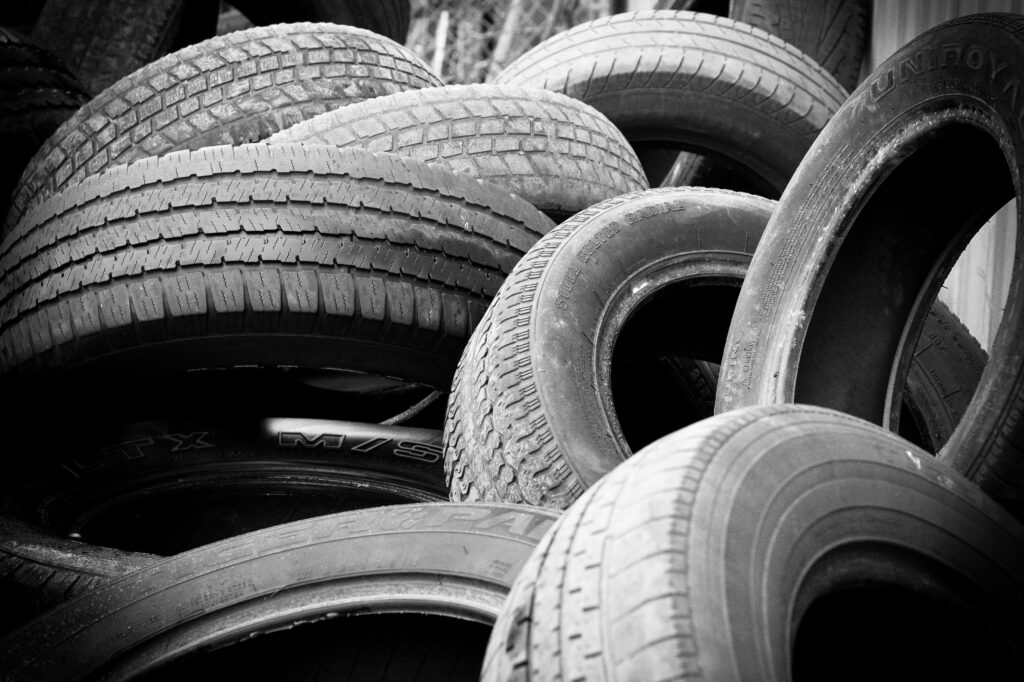
Expert Recommendations
Manufacturer Guidelines
When considering the use of summer tires in areas with sporadic rain and heat, it is vital to consult the guidelines provided by the tire manufacturer. These guidelines outline the recommended usage of their specific tire models, taking into account various factors such as climate, driving conditions, and vehicle type. Following the manufacturer’s recommendations can help maximize the performance and safety of your tires.
Tire Expert Advice
Seeking advice from tire experts or consulting with reputable tire retailers is another valuable resource when choosing the right tires for your specific needs. Tire experts can provide insights and recommendations based on their knowledge and experience. They can take into account factors such as your driving style, vehicle type, and local climate to help guide your tire selection.
Best Practices for Using Summer Tires in Areas with Sporadic Rain and Heat
Monitor Weather Forecasts
Staying informed about weather conditions is crucial when using summer tires in areas with sporadic rain. Monitoring weather forecasts allows you to anticipate potential rain showers or storms and adjust your driving accordingly. It is important to exercise caution and drive defensively in wet conditions to mitigate the risks associated with using summer tires.
Adjust Driving Style
When driving with summer tires in wet conditions, it is important to modify your driving style to maintain safety. This includes reducing speed, increasing following distances, and avoiding sudden maneuvers or harsh braking. Adjusting your driving behavior can help compensate for the reduced traction and grip of summer tires on wet roads.
Plan for Regular Tire Inspections
Regular tire inspections are essential to ensure the continued performance and safety of your summer tires. Regularly check the tread wear, overall tire condition, and inflation pressure to identify any potential issues. Addressing any concerns promptly can help prevent accidents and extend the lifespan of your summer tires.
Consider Investing in Summer Tires with Wet Traction Enhancements
Some summer tire models are specifically designed with enhancements for better wet traction. These tires feature improved tread design and rubber compounds that enhance their performance in wet conditions. If you live in an area with sporadic rain and heat, investing in summer tires with wet traction enhancements can be a worthwhile consideration to maintain safety without compromising too much on dry performance.
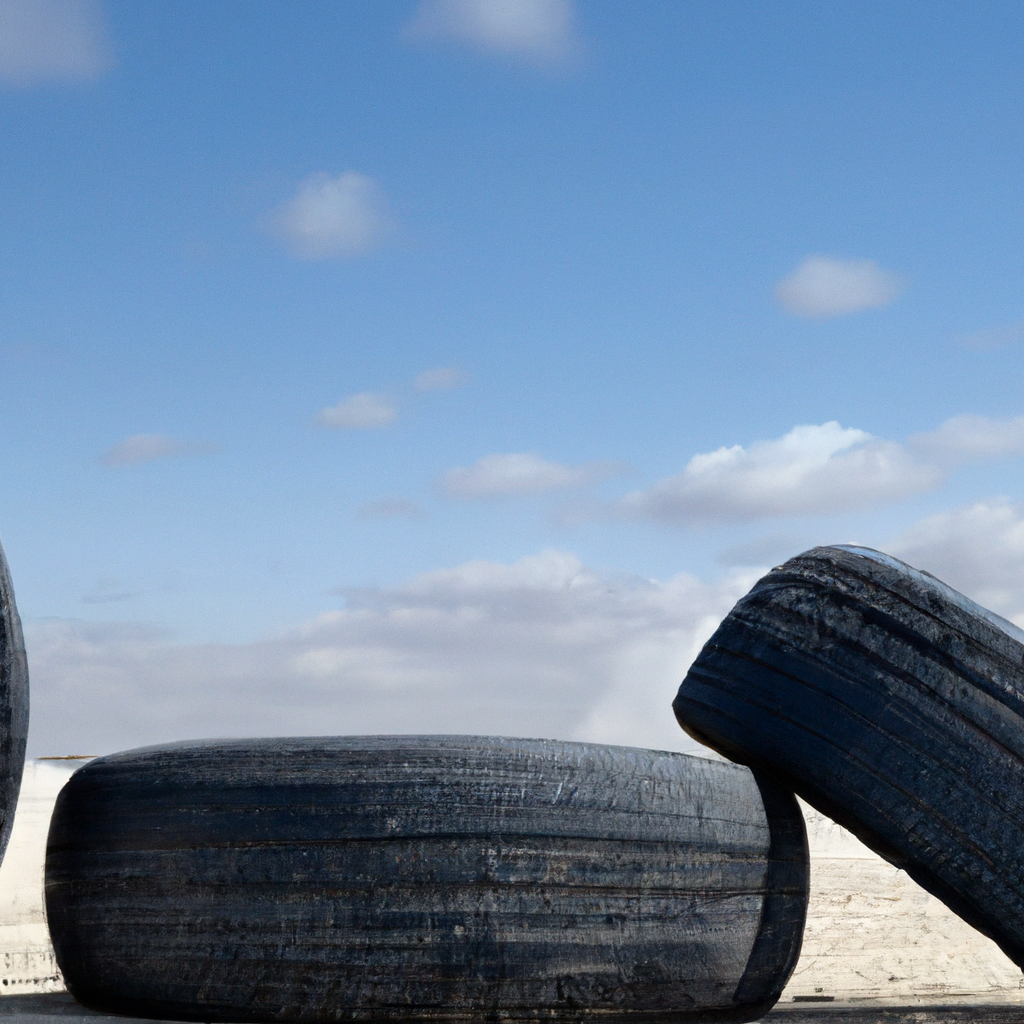
Conclusion
When considering whether summer tires can be used in areas with sporadic rain and heat, it is important to evaluate your individual needs and priorities. While summer tires offer excellent performance in dry conditions, their limitations in wet conditions should not be overlooked. By carefully weighing the advantages and disadvantages, considering alternative tire options, and taking safety precautions, you can choose the right tires for your situation. Remember to consult manufacturer guidelines and seek expert advice to make an informed decision that prioritizes both performance and safety. Ultimately, your personal experience and judgment will play a crucial role in selecting the most suitable tires for your specific driving needs.
